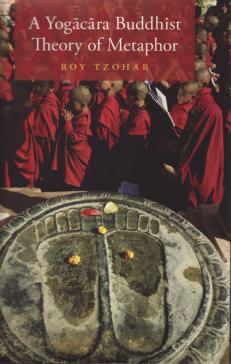This book is about what metaphors mean and do within Buddhist texts. More specifically, it is about the fundamental Buddhist ambivalence toward language, which is seen as obstructive and yet necessary for liberation, as well as the ingenious response to this tension that one Buddhist philosophical school—the early Indian Yogācāra (3rd–6th century CE)—proposed by arguing that all language use is in fact metaphorical (upacāra). Exploring the profound implications of this claim, the book presents the full-fledged Yogācāra theory of meaning—one that is not merely linguistic, but also perceptual.Despite the overwhelming visibility of figurative language in Buddhist philosophical texts, its role and use have received relatively little attention in scholarship to date. This book is the first sustained and systematic attempt to present an indigenous Buddhist philosophical theory of metaphor. By grounding the Yogācāra’s pan-metaphorical claim in its broader intellectual context, both Buddhist and non-Buddhist, the discussion reveals an intense Indian philosophical conversation about metaphor and language that reached across sectarian lines, and it also demonstrates its potential contribution to contemporary philosophical discussions of related topics. The analysis of this theory of metaphor radically reframes the Yogācāra controversy with the Madhyamaka; sheds light on the school’s application of particular metaphors, as well as its unique understanding of experience; and establishes the place of Sthiramati as an original Buddhist thinker of note in his own right, alongside Asaṅga and Vasubandhu.

